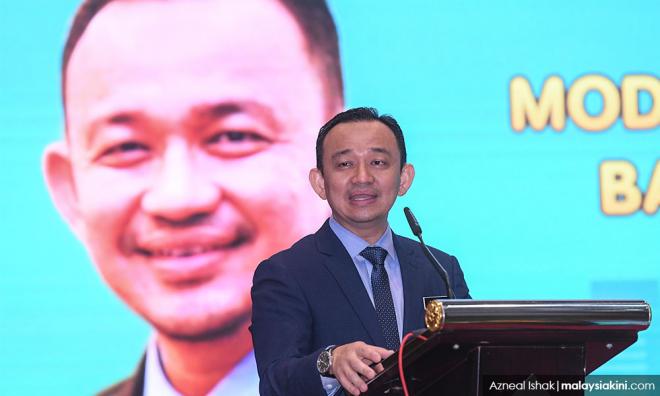
Published by The Malaysian Insight, image from The Malaysian Insight.
Teaching is one of the noblest yet most challenging professions in Malaysia.
Teachers nowadays work extra hours, and sometimes, they need to continue their work at home. Not that they are not productive enough at the workplace, but there are so many other tasks beside teaching, like administrative ones.
Educationists say these admin tasks can take up as much as 60% of a teacher’s time, which is overwhelming. The demands of marking exam papers, assessing students’ performance and tracking data never seem to end. These distract teachers from doing what they do best: teach and inspire.
This is where artificial intelligence comes as a breath of fresh air for the education industry, by reducing teachers’ workload. AI is one of the frontier technologies under the Industrial Revolution 4.0, which, according to experts, will change the landscape.
One of the most popular definitions of AI is by John McCarthy, the person who coined the term in 1956. He defines it as “the science and engineering of making intelligent machines”.
At its core, AI is a theory that allows a computer to think like humans and mimic the way they behave and perform various tasks, such as decision-making, speech recognition, learning, language translation and more. To perform these tasks, AI requires human knowledge and experience from which to “learn”.
Last year, then education minister Maszlee Malik introduced five initiatives and nine interventions under the Education Mandate 2019 to reduce teachers’ burden by 25%. Among the initiatives were to ease the filing and documentation process, and implementation of an online data management system to record students’ attendance.
With AI, many tasks can be done automatically, resulting in more time for student engagement. Content creation for daily lesson plans can be done with the help of this technology, benefiting teachers immensely. Instead of teachers spending hours creating lesson plans, AI can do it quickly.
AI can be used to track and evaluate students’ performance and behaviour, based on things like attendance and assessment results. This aids teachers in identifying which students are at risk, and they can then provide the necessary help.
It is a time-saver for teachers, as AI can suggest what students should learn next based on their performance. Experts say this cost-effective educational tool will save teachers six hours a week when it comes to planning, managing homework and creating data reports.
Also, tasks like marking exam papers (multiple-choice questions and essays) can be done in an automated way with AI. Not only can it speed up the marking process, but it also eliminates human biases. The time taken and number of attempts by students to answer the questions can also be known, thus, teachers can gauge students’ level of understanding on a particular topic.
As for students, more services can be offered using AI, such as hints to solve mathematical problems, recommendations on improving their writing technique and identifying specific gaps in their knowledge.
AI is seen as changing how our education system works, but it must be noted that AI will not and cannot replace teachers’ role. The fact that human engagement is crucial to the learning process means that teachers are still needed and relevant in students’ lives. It takes humans to understand their fellow humans better.
However, with the help of AI, teachers can modernise their work, boost their productivity and lessen their workload by letting technology take care of some tasks. This means students can get the support they need from teachers, who have more time.
Although the process to learn and implement the technology can be challenging and lead to innovation fatigue, teachers can start small by utilising one tech programme at a time. They can take their time adapting to the new technology before applying it in the classroom.
AI applications in the education industry is one example where the much talked-about disruption caused by frontier technologies can be managed well, without concomitant unemployment.
As discussed above, AI reinforces and adds value to the primary role of teachers, which is to teach and inspire students, so that they grow up to become fine young men and women who are properly educated, wise, caring and responsible citizens.
Nurafifah Mohammad Suhaimi is Research Assistant at EMIR Research, an independent think tank focused on strategic policy recommendations based on rigorous research.

